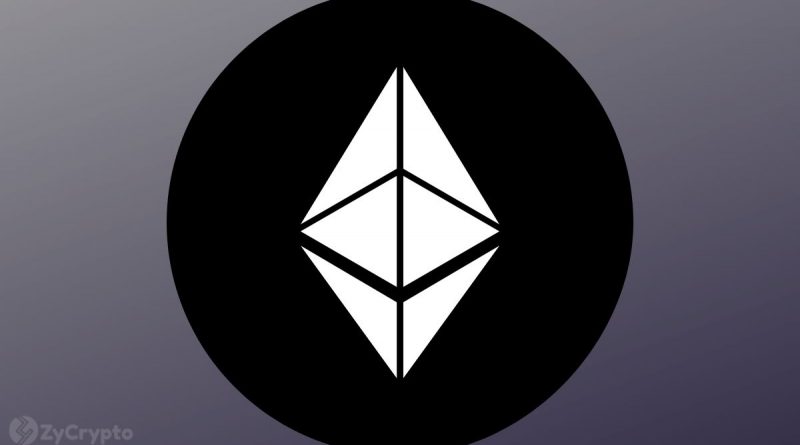Layer Two Solution, Arbitrum, Gives Ethereum A Run Two Times Already. Here’s Why
Arbitum, an Ethereum layer two scaling solution, broke records last week after reaching 1.1 million transactions, surpassing Ethereum by over 20,000 in transaction volume. The symbolic feat was posted on Arbitrum’s official Twitter page:
“For the first time, Arbitrum One processed more transactions than Ethereum. This is a huge milestone achieved by our team and Arbinauts. We’ve come a long way, and we are grateful to have you with us. Our mission to scale Ethereum continues.”
Arbitrum had beaten Ethereum to the game on two occasions—the second time with a margin of ~10,000 transactions on the following day. DEX transactions on its blockchain briefly surpassed that of Binance’s BNB $410 million by over $30 million to become one of the most active blockchains over the past week. Before now, layer 2 solutions needed to combine their collective transaction processes to surpass Ethereum.
Experts in the industry have tipped lower transaction fees as the driving force behind Arbitrum’s rise. A single transaction on the Ethereum blockchain is estimated to cost about $6.5 on average, while the same will amount to $0.3 on Arbitrum. Arbitrum CEO calls it “the rollup vision.” Arbitrum has continued to see rising transaction volumes leading to higher revenue since the start of February. Its Total Value Locked (TVL) clocked past the $2 billion mark last week and has since soared past $3 Billon, with over $50 million worth of Ether reportedly bridged through its platform.
Another reason for the rise may be Arbitrum’s upcoming token airdrop. It is not uncommon to see projects attract new users and reward existing users with token airdrops. This behaviour, however, could go south in cases where users attempt to target only specific activities that increase their chances of rewards.
Arbitrum co-founder alluded to the speculation: “I wouldn’t be surprised if the user came for the wrong reasons and tried it and was like, ‘Wow, this is actually telly awesome, what else can I do here?”
Ethereum scaling projects have continued to develop a rollup technology that compresses transactions to a fraction of their original size before sending them on the blockchain. Zero-knowledge (Zk) and Optimistic rollups are two of the most popular types of rollups both offering a significant trade-off between speed and security, respectively.
Together with Arbitrum, Optimism, which ranks second on L2Beat’s layer two tables, accounts for over 83% of all L2 transactions. The two had jointly surpassed Ethereum’s daily transaction volume in January.
Source: Read Full Article


